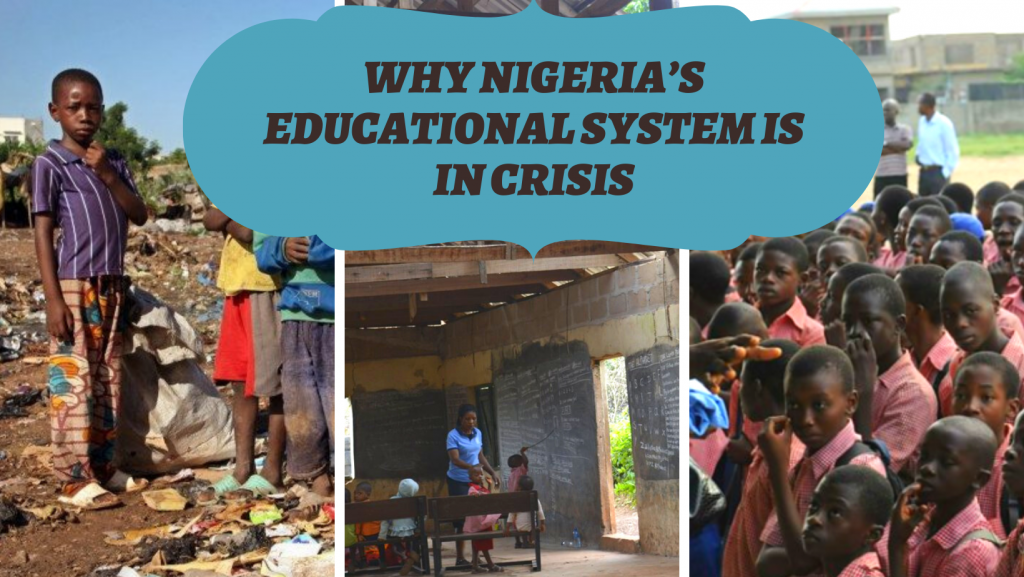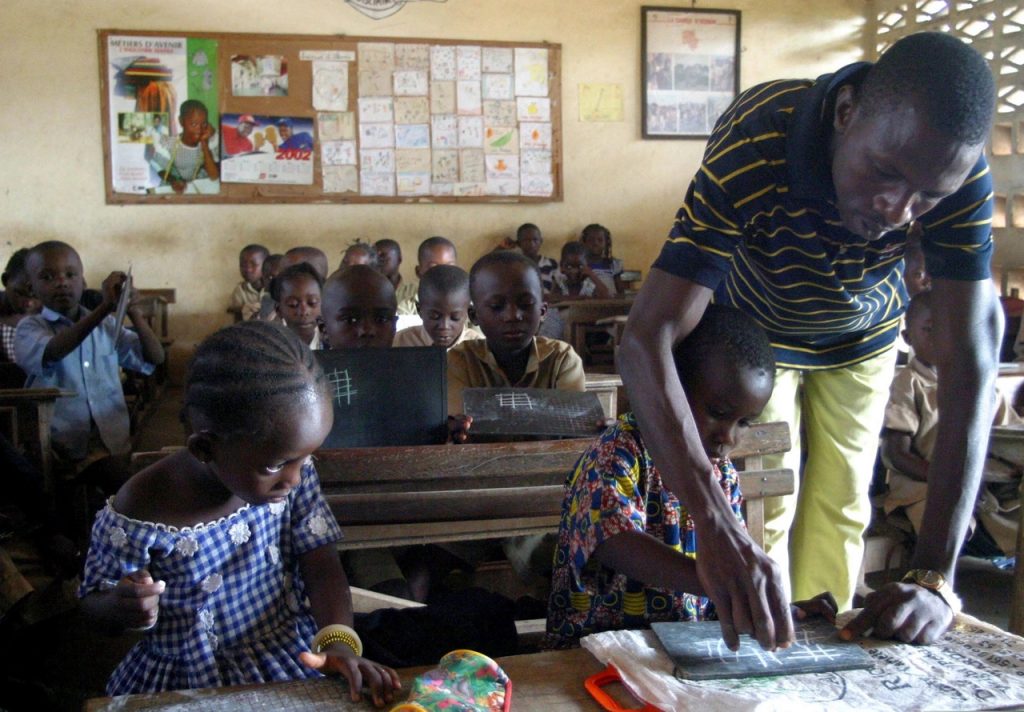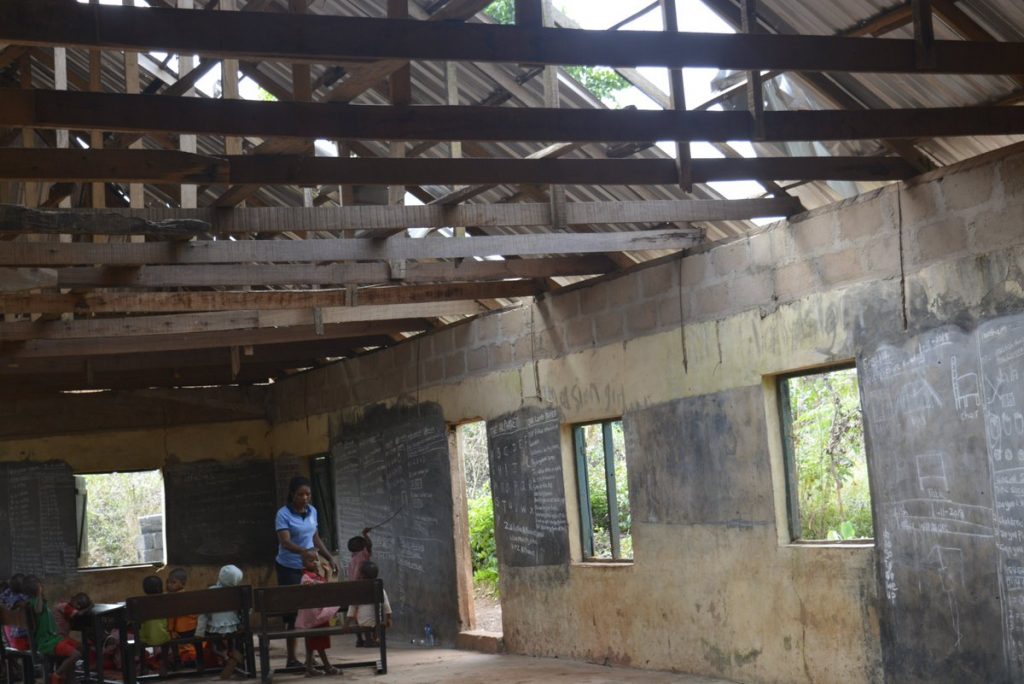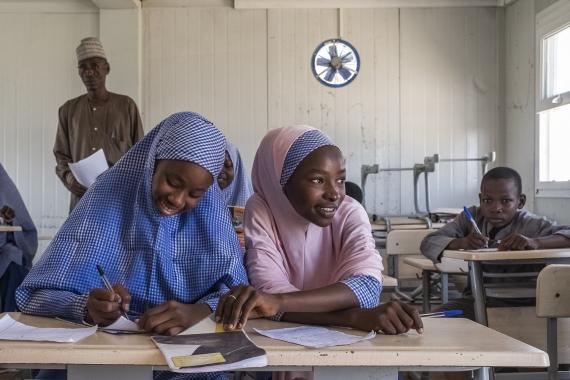
Inclusive education is an approach to education that seeks to ensure that all children, regardless of their background or ability, have access to quality education. In Nigeria, as in many other countries, inclusive education is seen as a means of promoting equity, providing equal opportunities for all children, and enhancing social cohesion. However, there are several challenges that must be overcome to ensure the effective implementation of inclusive education in Nigerian schools. This article explores some of the challenges to inclusive education in Nigeria.
Lack of Awareness
One of Nigeria’s biggest challenges to inclusive education is a lack of awareness among policymakers, educators, and parents about the benefits of inclusive education and the rights of children with disabilities to education. Many people still hold negative attitudes towards children with disabilities, viewing them as a burden or a liability rather than as valuable members of society who deserve equal access to education. This lack of awareness can lead to discrimination and exclusion of children with disabilities in traditional educational settings.
Inadequate Infrastructure

Another major challenge to inclusive education in Nigeria is inadequate infrastructure. Many schools in Nigeria lack the necessary infrastructure and resources to support inclusive education, including accessible facilities, assistive technology, and trained teachers. This makes it difficult for schools to accommodate the needs of children with disabilities and provide them with the appropriate support they need to succeed.
For example, schools may lack ramps or elevators, making it difficult for children with mobility impairments to access classrooms or other facilities. Similarly, schools may lack assistive technology such as Braille readers or hearing aids, making it difficult for children with sensory impairments to access educational materials.
READ MORE: Why Nigerian Schools Should Practice Inclusive Education
Negative Attitudes
Negative attitudes towards children with disabilities can also be a barrier to inclusive education. Teachers and other school staff may lack the training and knowledge necessary to support the learning needs of children with disabilities. They may have negative attitudes towards them that can lead to discrimination and exclusion. For example, some teachers may believe that children with intellectual disabilities cannot learn and therefore may not try to teach them. Others may hold negative attitudes towards children with physical disabilities and view them as a burden on the school system.

Lack of Funding
Another challenge to inclusive education in Nigeria is a lack of funding. Many schools in Nigeria lack the resources necessary to support inclusive education, such as assistive technology, accessible facilities, and trained teachers. This can make it difficult for schools to provide the necessary support to children with disabilities and can lead to discrimination and exclusion. Additionally, parents of children with disabilities may be unable to afford the costs of education, including transportation, school fees, and assistive technology.
Lack of Coordination
Finally, a lack of coordination among different government agencies and NGOs involved in promoting inclusive education can be a challenge to its implementation. There may be overlapping or conflicting mandates, leading to confusion and inefficiency. Additionally, there may be a lack of communication and cooperation among different stakeholders, making it difficult to develop and implement effective policies and programs.

Conclusion
Inclusive education is an important approach to education in Nigeria that seeks to ensure that all children have access to quality education, regardless of their background or ability. However, there are several challenges to its implementation, including a lack of awareness, inadequate infrastructure, negative attitudes, lack of funding, and a lack of coordination among different stakeholders.
Addressing these challenges will require a concerted effort from policymakers, educators, parents, and civil society organizations, and will require a long-term commitment to promoting inclusive education and ensuring that all children have the opportunity to learn and succeed.